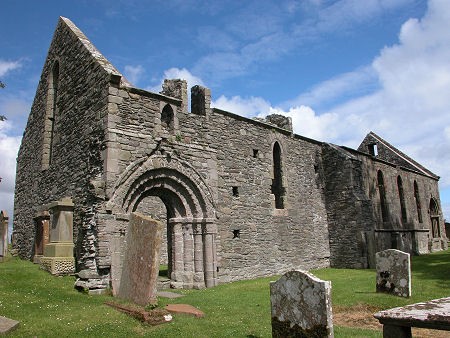James V: Religion and Reform
Chapter 1: Background
James V was castigated by English Protestant writers of the nineteenth century as ‘priest-ridden’ and superstitious. Even later writers cite the prominence of ecclesiastics such as Cardinal Beaton as proving that James was a benighted bigot. However, this interpretation is so heavily influenced by the partisans of the Knox and the Scottish Reformation that it hardly reflects the truth of politics and religion in Europe in the first half of the sixteenth century.
Whilst James IV had been a promoter of learning, a supporter of Erasmus and a well-informed and educated man himself, the vast majority of the upper classes in Scotland were still of the mediaeval mind-set that left learning to clerics, and lawyers. There was neither the wealth, nor the stability in society that could support the level of patronage of education that was beginning to be seen in England, through patrons such as Lady Margaret Beaufort and Bishop Fox. James V’s education had been truncated, and, although he was an intelligent man, there is no sign of him having an academic bent.
With no highly educated men outside the Church, and, to a lesser degree, the law, it was natural that James, in common with every mediaeval and early modern king, should have clerics as his chief advisors. The appearance of the layman Thomas Cromwell as Henry VIII’s most prominent minister was almost unprecedented.
As the Church was almost the only career open to an intelligent man of good family, who was not the oldest son, the higher ranks of the clergy were filled with men who may have had little or no real religious conviction, beyond unthinking conformity to traditional beliefs and practices. It was also a convenient way of securing lands and income for illegitimate sons, particularly for kings, who arranged benefices for them when they were well below the canonical age.
James IV’s illegitimate son, Alexander, who was tutored by Erasmus, was an archdeacon at nine years old, and Archbishop of St Andrew’s (the primacy) at a mere eleven. James V’s own brood of sons benefited similarly with at least six of them being preferred to office whilst children, including the priories of St Andrew’s, Whithorn and Charterhouse.

